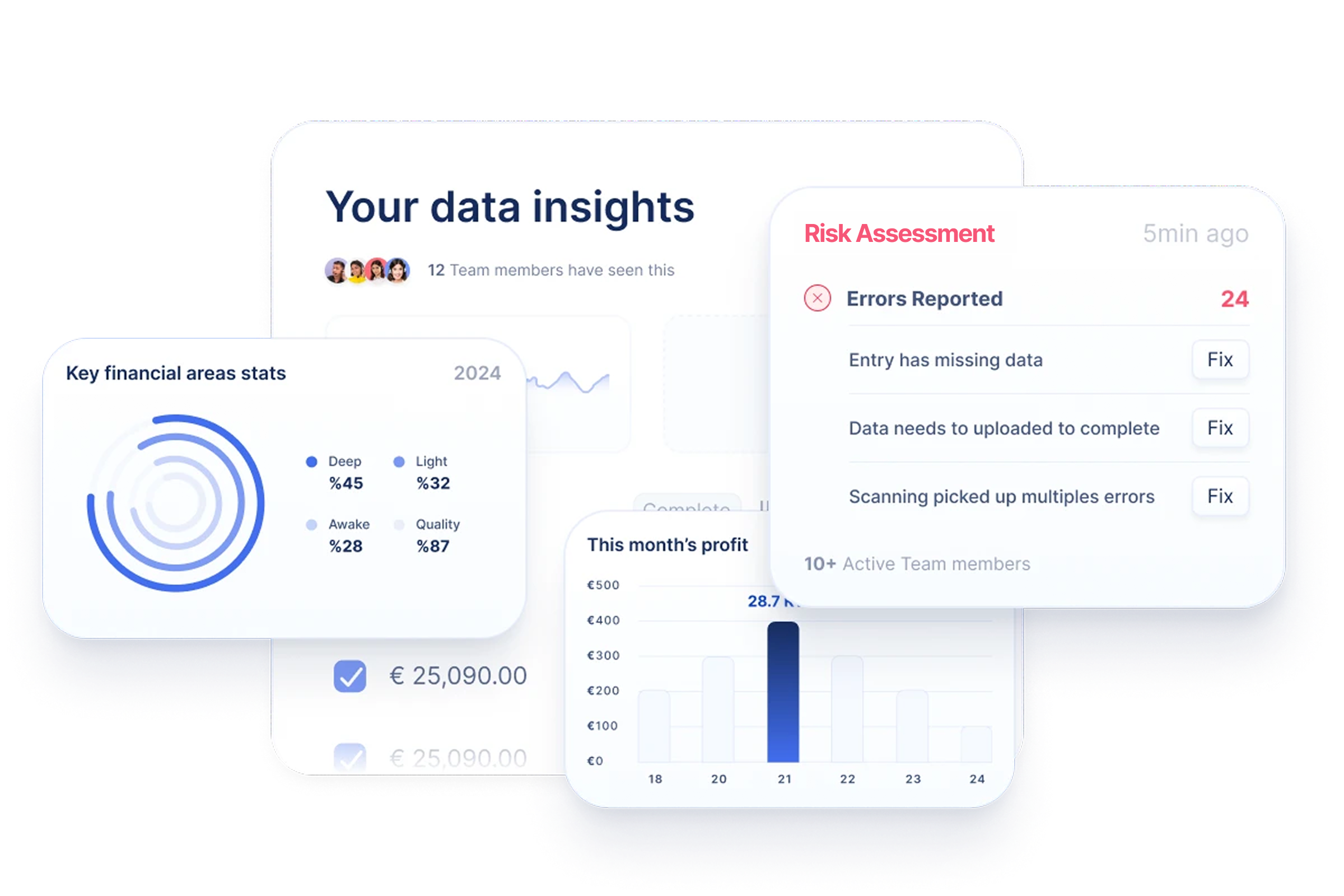Consolidate accounts with ease
AccountsIQ helps you create consolidated accounts across multiple entities and currencies.

Our consolidation features
Take a deeper dive into our consolidation features
Group level reporting
Pull together budgets, revised budgets, actuals and variances from all of your entities and subsidiaries to provide an overview of performance and trends across the group, at any time. Conduct BI analysis to enhance your GL Chart of accounts, delivering management-ready reports and dashboards whenever you need them.

Take a quick tour
A quick video guide showcasing core features of AccountsIQ
FAQs
Is your support team based in the UK?
Yes, our support teams are 100% UK and Ireland based, and outside of business hours, you can access our online training and support resources any time and from anywhere.
Who can use the integrations?
Once we develop an integration with a partner, it becomes available for all users.
What if we need to integrate with software you don’t have on your list?
We work with your team to build custom integrations, if they aren't already available through our open API.


















